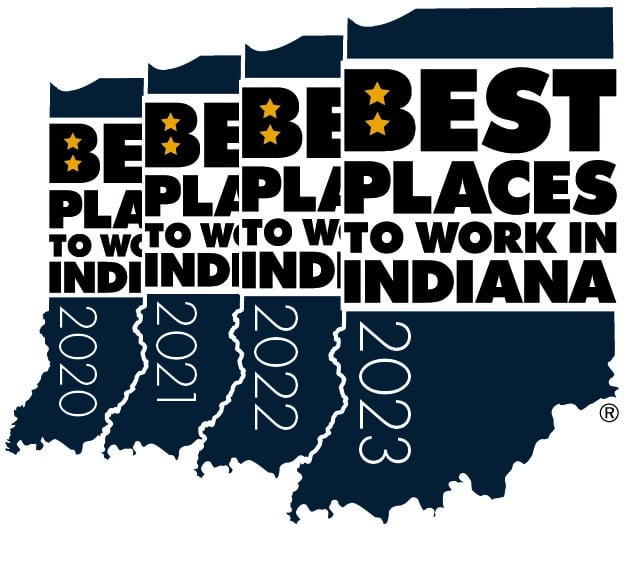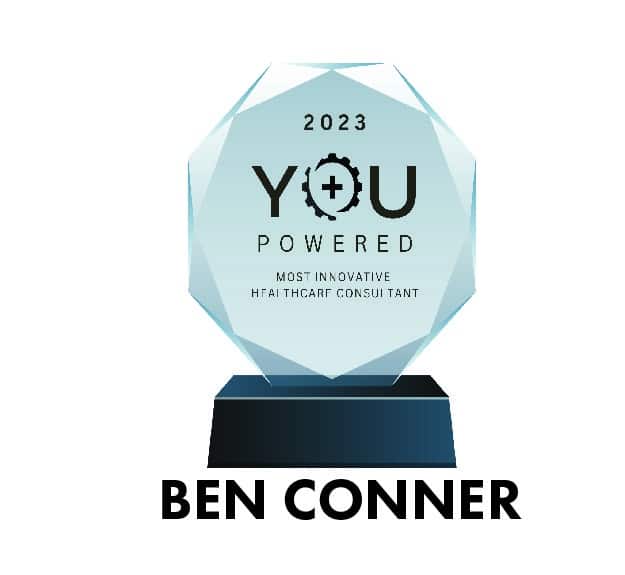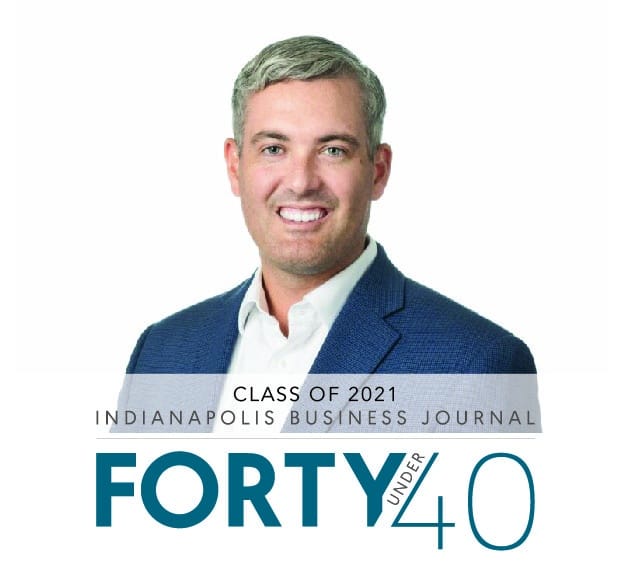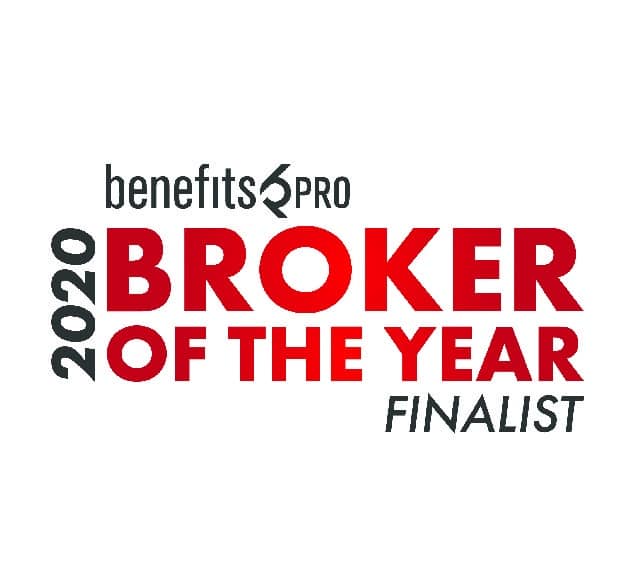How Broken Promises From Health Insurance Brokers Make it More Difficult for the Rest of Us
BY BEN CONNER

I recently met with a prospect. Sitting down in his office, I couldn’t help but notice his body language: He avoided my eye line. He kept his arms crossed. His handshake was quick and formal, as if he couldn’t wait to get the meeting over with.
It struck me then that this has become standard across the industry. So many prospects are underwhelmed, guarded, or skeptical of everything we say.
Their reactions are understandable. Most of these professionals have heard dozens of empty promises in the past, only to have them dashed in their faces a short while later. An advisor comes in, promises lower costs and better plan functionality, but then nothing happens. The rates still increase, the coverage is comparable at best, and the prospect is left disappointed. The prospect fires the advisor, and a new one appears soon after, spouting the same promises as all of the previous advisors.
The entire process becomes a hire-fire cycle because advisors don’t deliver beyond the initial sale. Once the contract is signed, there’s a lot of activity that fails to produce meaningful results.
By the time we’re finally in front of a prospect, there’s no hope left. Instead, we sit before a company leader who needs our services but is understandably cautious against opening up to us.
To counteract their guarded stance, we approach the prospect with complete respect and sympathy. Doing so is the only way we can possibly have a meaningful conversation that can help us work toward a solution to their benefits crisis.
Rebuilding Trust From the First Meeting
Our strategy during a meeting with a first-time prospect is to listen. Listening is imperative because there’s a lot we need to take in:
- What are your business goals?
- What challenges does your workforce face?
- What challenges does your company face?
- What are you trying to accomplish in your benefits package?
- What challenges have you faced in the recent past with your healthcare spend?
- What objective within the health plan have you failed to meet?
If we’re not listening, we’re not rebuilding the trust that’s been systematically dismantled by past brokers. To overcome this, our next step is to explain our company ethos: We want our benefits to support both the employer and the employee. For the employer, benefits should exist as a sustainable and managed expense that fits comfortably into their bottom line. For the employee, benefits should provide coverage without hurting their wallets or creating a barrier to care.
From here, we can discuss our data-driven strategy to increase coverage while reducing costs.
By evaluating the best resources in the area and the product features a company actually needs, we can custom-design a plan that strikes an ideal balance between coverage for employees and the price tag for employers.
Creating Value
Just as important, however, is our efforts to demonstrate value right there in the meeting by expanding outside of our usual benefits box. By asking bigger questions about their company and its goal, we can offer long-term solutions.
For example, a company that’s experiencing high growth needs a top-notch sales professional, but they may not have the budget to bring on another rep. Redesigning their benefits plan could be a viable option for freeing up budget for the additional salesperson. With extra money in the coffers, the company could then offer additional incentives in its recruitment and retention to both keep and attract talent as they continue to grow.
Working to truly understand a prospect’s unique needs and goals requires a time investment, but it’s a worthy endeavor. Through careful analysis, we can develop realistic solutions that work for both the employer and the employees. Better yet, we systematically repair the harm to our industry, re-earning the trust advisors deserve.












